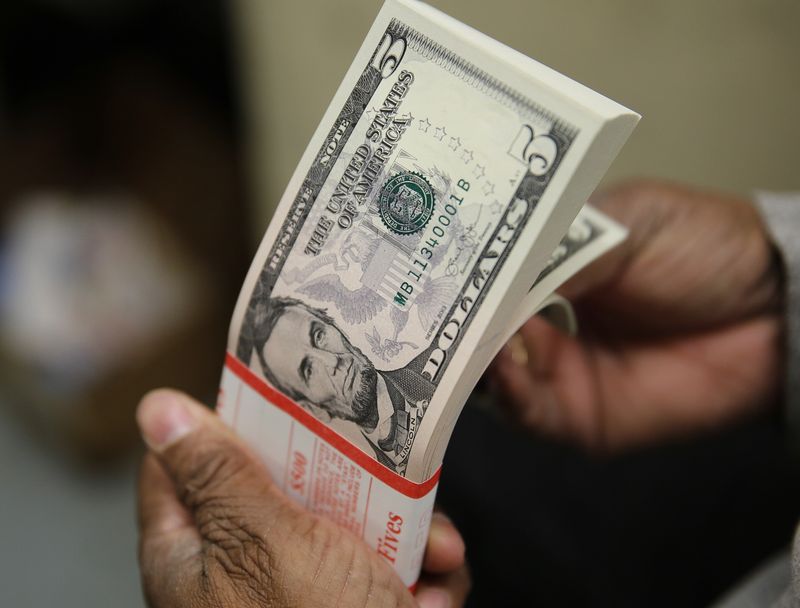By Alden Bentley and Davide Barbuscia
(Reuters) - The spreads between both investment-grade and junk-rated corporate bond yields and U.S. Treasuries have fallen to their narrowest level in more than two years, in a sign of overall investor confidence growing.
The spread on the ICE BofA U.S. Corporate Index, a commonly used benchmark for high-grade debt, declined to 93 basis points on Thursday, its lowest since November 2021.
On the ICE BofA U.S. High Yield Index, a commonly used benchmark for junk bonds, the option adjusted spread dipped to 322 basis points, its lowest since January 2022.
These spreads reflect how much extra yield investors demand to hold corporate bonds over Treasury notes and bonds, which are considered the safest financial instruments because there is a near-zero chance of default by the U.S. government.
"The additional premium you get over risk-free securities is very slim," said Anthony Woodside (OTC:WOPEY), head of U.S. fixed income strategy at LGIMA. But, he added, "investors are looking at all-in yields."
Spreads are seen as gauge of market confidence. Strong demand for junk bonds in particular is seen as an optimistic signal, with narrowing spreads indicating investors see financial conditions as healthy and are less worried about corporate default.
The junk spread surged to over 1,000 bp in March 2020 as the onset of the COVID-19 pandemic fanned market panic.
The High Yield Index itself is near a record high set early this month. Meanwhile, the ICE BofA U.S. Investment Grade corporate bond index fell to a two-month low last week.

Market optimism has been driven by a record-breaking Wall Street rally and a surprisingly resilient economy which have lifted Treasury yields this year.
In the week to Wednesday, as the S&P 500 hit record highs, investors put $15.2 billion into bonds, including $10.2 billion into investment-grade bond funds, which logged a 16th straight week of inflows, the longest such stretch since October 2021, Bank of America Global Research said on Friday.